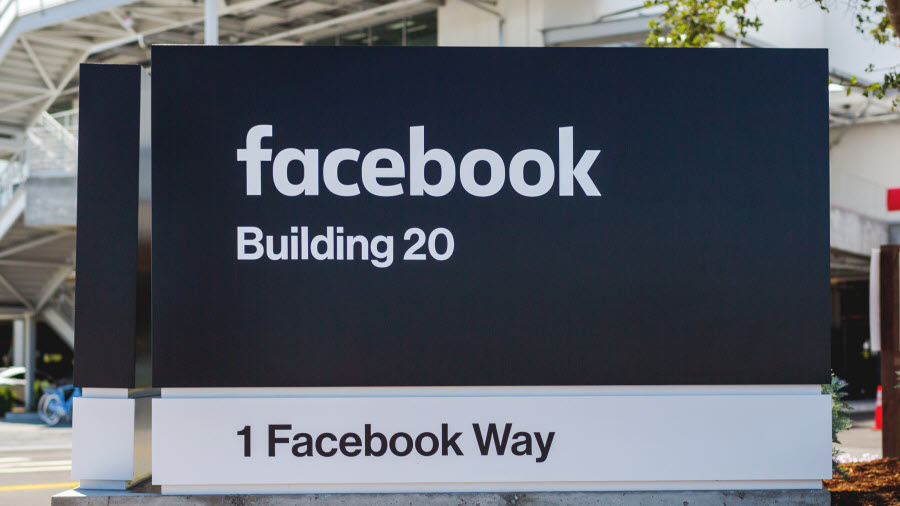Meta Drops Facial Recognition from Facebook
Cites D.C. uncertainty and potential downsides to scrapping features

The smarter way to stay on top of the multichannel video marketplace. Sign up below.
You are now subscribed
Your newsletter sign-up was successful
Meta (formerly Facebook) is pulling the plug on the facial recognition system on its Facebook social media platform, but signaled it was partly due to unclear guidance from regulators and could have negative consequences for some users, including the disabled.
Jerome Pesenti, VP of artificial intelligence for the company, said Meta will no longer automatically recognize in photos and videos and that it will jettison more than one billion faces on file.
Also read: Meta May Not Be Betta, But It Still Matters to Streaming Video's Future
The move comes after much pushback from privacy advocates and as the company tries to upgrade its image in Washington, where legislators have hammered it over a range of issues from privacy to political ads to its impact on young people.
Pesenti blogged that the company was having to make the change after weighing “the positive use cases for facial recognition against growing societal concerns,” particularly given that it said the government has “yet to provide clear rules.”
Meta has been blanketing the media with ads talking about how it is looking for guidance from Washington on how to proceed with its social media mission.
Also read: Sen. Blumenthal: Facebook Chronically Ignores Internal Alarms
Pesenti pointed to the impact the change would have on its system for creating image descriptions for the blind and visually impaired, saying those descriptions can no longer include the names of people pictured.
He also suggested it was a popular feature that was having to go away due in part to that lack of government guidance.
“More than a third of Facebook’s daily active users have opted in to our Face Recognition setting and are able to be recognized, and its removal will result in the deletion of more than a billion people’s individual facial recognition templates,“ he said.
He did not come right out and say ”you‘ll be sorry,” but he did say the company had to give the move some thought since it has found facial recognition to be “highly valued” by users, including helping those blind and visually impaired web surfers know when they or their friends are in a picture.
He also pointed out that Facebook would no longer be able to automatically notify people when they appear in photos or videos posted by others, or provide recommendations about who to tag in photos and Facebook will ”no longer automatically recognize if people’s faces appear in Memories, photos or videos.“
The company will still use the technology to help people access locked accounts, verify identities or unlock devices, but will make it clear to users they are doing so and give them ”transparency and control.“
Consumer Reports, which has had issues with faical recognition, praised the move.
“We commend Facebook’s decision to shut down its facial recognition program, especially given the company’s history of misleading consumers over the use of the technology," said Maureen Mahoney, senior policy analyst at CR. "But real privacy can’t be guaranteed without comprehensive federal privacy protections."
Fight for the Future, a big Facebook critic, was not popping the champagne given the ambiguity of the technology, Facebook's move notwithstanding.
“Facial recognition is one of the most dangerous and politically toxic technologies ever created,” said Caitlin Seeley George, FFTF campaign director. “Even Facebook knows that … From misidentifying Black and Brown people (which has already led to wrongful arrests) to making it impossible to move through our lives without being constantly surveilled, we cannot trust governments, law enforcement, or private companies with this kind of invasive surveillance.“
The smarter way to stay on top of the multichannel video marketplace. Sign up below.
Contributing editor John Eggerton has been an editor and/or writer on media regulation, legislation and policy for over four decades, including covering the FCC, FTC, Congress, the major media trade associations, and the federal courts. In addition to Multichannel News and Broadcasting + Cable, his work has appeared in Radio World, TV Technology, TV Fax, This Week in Consumer Electronics, Variety and the Encyclopedia Britannica.

